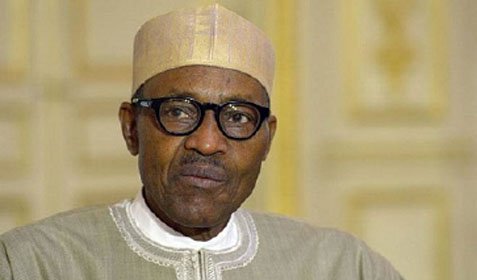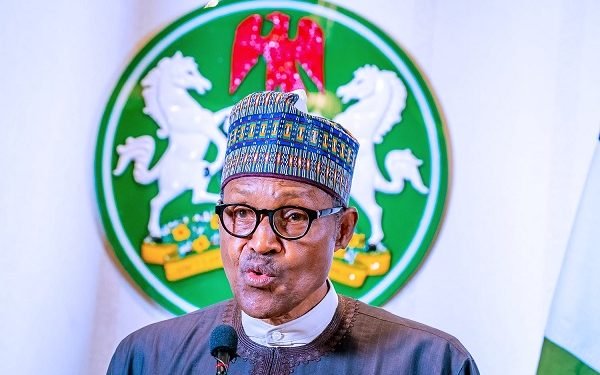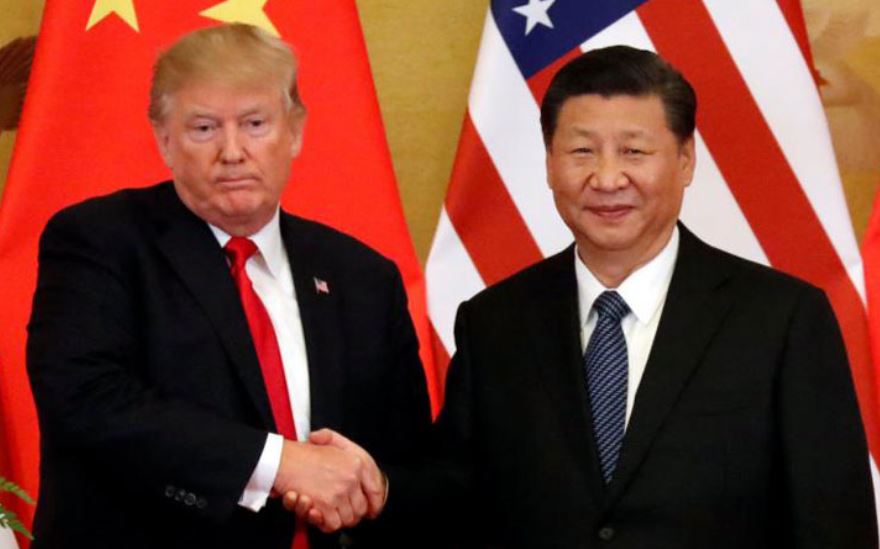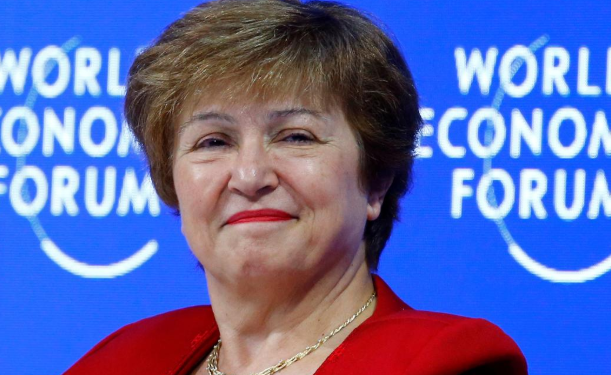The Presidency on Thursday released list of 14 critical actions President Muhammadu Buhari will do to salvage the nation after COVID-19.
It said the president had already started doing some of the things
According to Femi Adesina, Special Adviser to the President on Media and Publicity, said some of the actions of the president would certainly assuage some apprehensions.
Below are the 14 checklists
1. An economic team, headed by the Minister of Finance, Budget and National Planning has been set up to examine the impact of COVID-19 on the economy.
2. Economic Sustainability Committee headed by the Vice President to define a post-COVID-19 economy for Nigeria.
3. Task force set up on free movement of farm produce headed by the Minister of Agriculture and Rural Development.
4. Plans afoot to tackle weak health systems and infrastructure through establishment of standard laboratories, intensive care units, and isolation centres in all states of the Federation. The health infrastructure will eventually be recalibrated for the good of the people, and in readiness for future emergencies.
5. As long term measure, emphasis will be placed on integrating local content in proven researches in cure, and production of materials in the heath sector.
6. A Fiscal Sustainability Plan to complement the suite of monetary and banking interventions recently announced by the Central Bank of Nigeria.
7. A mass agricultural programme to be put in place.
8. Major rural road construction programme.
9. Mass housing programme.
10. Large scale installation of residential solar systems, utilizing mainly local materials.
11. Expansion of the Social Investment Programme.
12. The 2020-2022 Medium Term Expenditure Framework and the Budget 2020 assumptions and targets have already been revised.
13. Time-sensitive expenditures are to be prioritized over less critical spending.
14. Extant financial controls are to be strengthened to detect, eliminate and sanction instances of waste, funds misappropriation and corruption.







